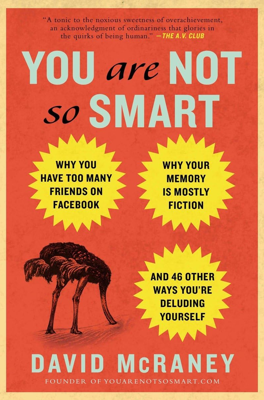Selling Out
Misconception vs. Truth
Misconception: Both consumerism and capitalism are sustained by corporations and advertising.
Truth: Both consumerism and capitalism are driven by competition among consumers for status.
The Cyclical Nature of Consumer Rebellion
- Consumer Rebellion: People often rebel against mainstream culture by adopting unique styles or preferences, but this rebellion is quickly commodified and sold back to them by entrepreneurs.
- Paradox: Even rebellion against consumerism turns into a form of consumerism, as seen with various subcultures (e.g., punk rockers buying specific clothes).
The Rebel Sell
- Counterculture: The belief that stepping away from mainstream culture and consumerism can lead to true individuality is flawed. These acts of rebellion become new markets for businesses.
- Examples: Bands or artists who start underground eventually reach mainstream success, becoming "sell-outs" as their original fans abandon them in search of something new.
Consumer Competition and Status
- Social Status: Middle-class individuals compete not through sheer consumption but through their tastes and preferences in movies, music, and fashion. They seek authenticity and uniqueness to stand out.
- Examples: Hipsters and indie fans drive trends by popularizing obscure or ironic items, which eventually become mainstream.
Historical and Modern Context
- Past Consumption: Before mass production, personal items held more intrinsic value because they were handmade. Today, almost everything is mass-produced, and people display their individuality through their consumption choices.
- Corporate Adaptation: Businesses quickly adapt to new trends and niches, ensuring there's always a market.
Mechanism of "Selling Out"
- Cultural Cycle: What starts as a countercultural movement gets commodified and sold back to consumers, only for new countercultures to emerge and the cycle to continue.
- Perception of Value: The value of items or bands isn't intrinsic; it's based on their origin and perceived authenticity. Once mainstream, these lose their unique appeal.
Inevitable Selling Out
- Universal Behavior: Competition for status through consumption is a fundamental human behavior, driven by biological and societal factors.
- Economic Competition: Different social classes compete in various ways—poor compete for resources, the middle class for unique selections, and the wealthy through possessions.
Conclusion
- Inevitability: Everyone sells out in some way, contributing to the cycle of consumerism and reinforcing the system they might originally have sought to rebel against.
